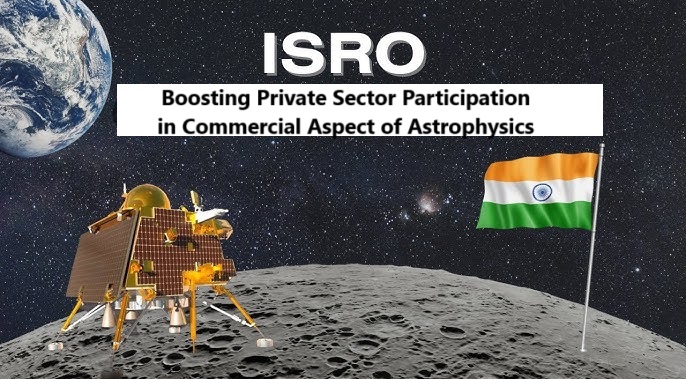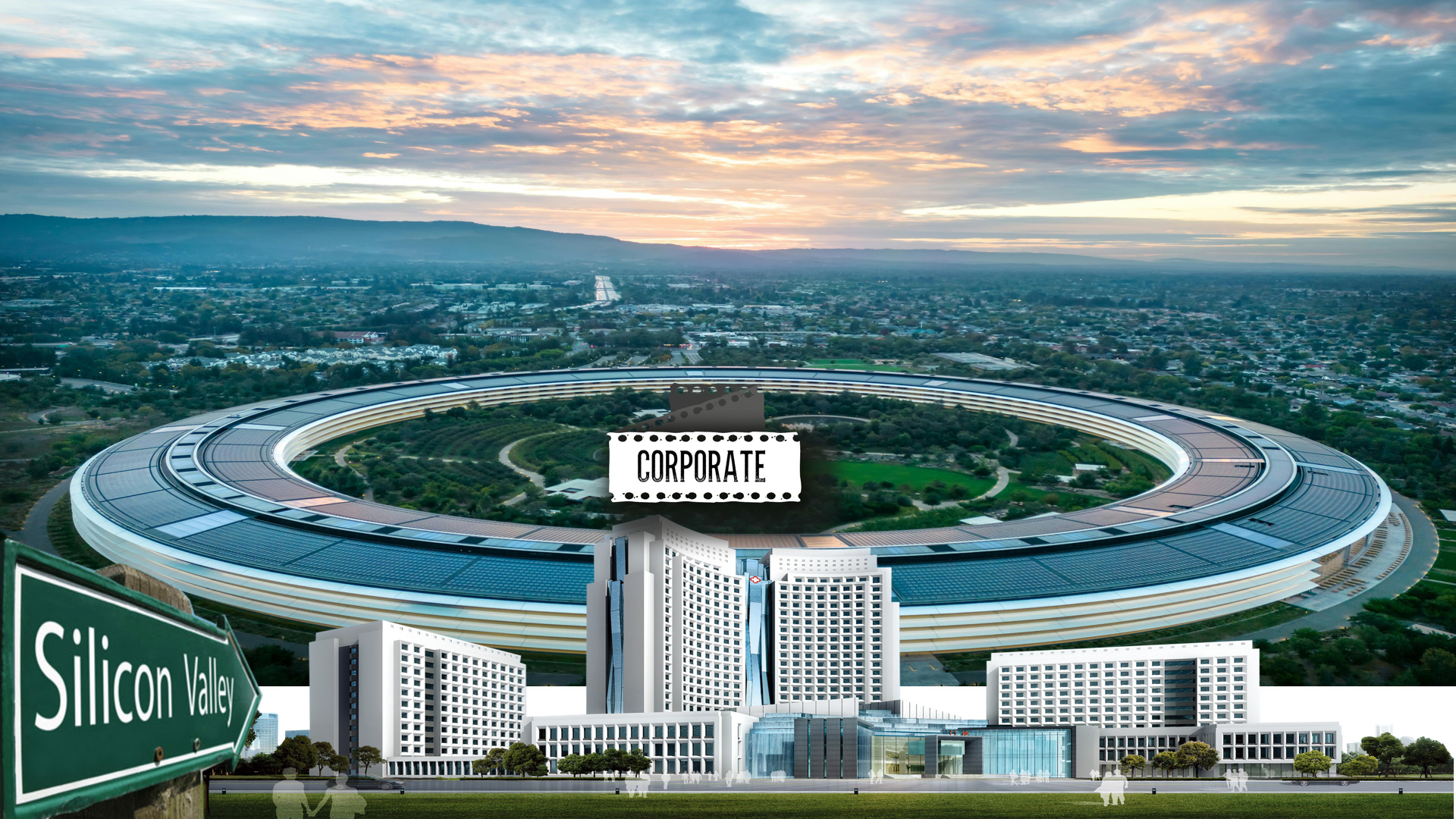India’s Space Odyssey: How ISRO is Empowering Private Players to Reach New Heights | (Thu 30 May 2024 05:30)

-
Founder: Dr. Vikram Sarabhai, considered the father of India's space program, established the Indian Space Research Organisation (ISRO) on August 15, 1969.
-
Role: ISRO focuses on leveraging science and technology to benefit India and humanity through space applications.
-
Key Functions: Development of systems for communication, television broadcasting, weather forecasting, resource management, and satellite-based navigation.
Steps to Promote Private Participation in India’s Space Sector
1. Antrix Corporation Ltd. (1992)
-
A government-owned enterprise under the Department of Space.
-
Acts as ISRO’s commercial and marketing arm.
-
Promotes ISRO’s products and services globally, facilitates technology transfer, and supports industrial growth.
2. New Space India Ltd. (NSIL) (2019)
-
Responsible for commercializing ISRO technologies.
-
Involved in PSLV production, satellite manufacturing, launch services, and satellite-based services.
-
Facilitates the transfer of ISRO-developed technology to private industries.
3. IN-SPACe (Indian National Space Promotion and Authorization Center) (2020)
-
An autonomous agency under the Department of Space.
-
Promotes participation of non-government entities (NGEs) in space activities.
-
Fosters collaboration among private industry, academia, and startups to expand India's role in the global space economy.
4. National Geospatial Policy (2022)
-
Enables private players to collect and use geospatial data without prior approval, except in sensitive areas.
-
Aims to develop a robust geospatial ecosystem and increase private sector participation.
5. India Space Policy (2023)
-
Vision: To encourage commercial activities in space, enabling NGEs to undertake satellite launches, ground-based operations, and services like communication and remote sensing.
-
Goal: Expand India’s space economy from $8 billion to $100 billion by 2040.
6. Revised FDI Guidelines
-
FDI Limits:
-
74%: Satellite manufacturing and operations
-
49%: Launch vehicles, spaceports, and associated infrastructure
-
100%: Components for satellites, ground equipment, and user segment devices
-
-
Beyond the Limits: Investments exceeding these thresholds require government approval.
Key Private Players in India’s Space Sector
1. Dhruva Space
-
Designs custom satellites, ground stations, and launch services.
-
Successfully launched satellite deployers with ISRO’s PSLV.
-
Building a spacecraft manufacturing facility in Hyderabad.
2. Skyroot Aerospace
-
Focuses on building space launch vehicles.
-
First Indian private startup to test liquid propulsion and 3D-printed cryogenic engines.
-
Launched Vikram-S, India’s first privately built rocket, in 2022.
3. Agnikul Cosmos
-
Specializes in 3D-printed rocket engines and small launch vehicles.
-
In partnership with ISRO, successfully tested its engine, Agnilet.
-
Built India's first private mobile launchpad and mission control center.
-
Raised $11 million in Series A funding and launched Agnikul Rocket Factory-1.
4. Manastu Space
-
Mumbai-based startup focusing on green space propulsion and satellite services.
-
Develops eco-friendly propulsion systems and offers satellite refueling and deorbiting solutions.
-
Partners with UK and French companies.
-
Raised $3 million in pre-Series A funding in 2023.
India’s space sector is undergoing a transformational phase marked by growing private sector involvement and supportive policy reforms. The combination of increased Foreign Direct Investment (FDI), the establishment of enabling institutions like NSIL and IN-SPACe, and the rise of innovative startups like Skyroot and Agnikul is redefining India’s space journey. These efforts are positioning India to become a major player in the global space economy, targeting a $100 billion industry by 2040.

Physics, Chemistry, Biology and Geography.

Computer Programming, languages & their frameworks.

Economics, Accounts and Management.

Reviewing old and new books.

Ancient, Medieval, Modern, World History.

Indian Constitution, Politics, Policies, etc.

Everything related to International Affairs.

For all humanities topics, except History & Polity.

Anything related to entertainment industry.

Mainly Cricket but other sports too.

CS, IT, Services & Corporate Sector.
Comments
No comments yet. Be the first to comment!
Leave a Comment